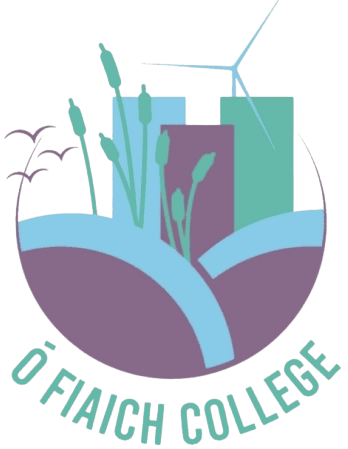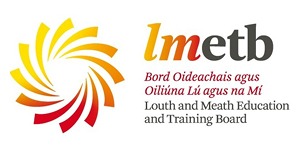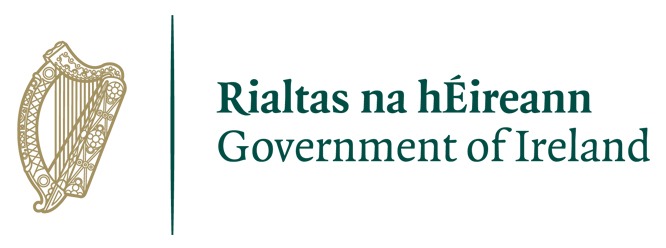Maths
- Home
- /
- Maths
What is Mathematics?
Mathematics is defined as the science and study of quality, structure, space, and change. When we study mathematics we are not just practicing calculations, but are training our mind to become critical thinkers and problem solvers!
What will I Study?
You will get the opportunity to study the major base topics such as Algebra, Statistics, Geometry and Trigonometry, as well as more abstract topics such as Complex Numbers and Calculus.
How is it assessed?
At Junior Certificate level, you will be assessed by two classroom-based assessments (CBA’s) followed by a final exam. CBA 1 involves conducting a mathematical investigation and will be completed in 2nd year. CBA 2 involves conducting a statistical investigation and will be completed in 3rd year.
At Leaving Certificate level you will be assessed on your final leaving certificate exam the end of 6th year. We regularly test our leaving certificate students throughout 5th and 6th year to ensure they are prepped and ready for the final exam!
Subject Competitions, Projects, etc.
Here in O’Fiaich we encourage students to enter Maths Competitions. We have, and continue to, compete in Maths Competitions by the IMTA & IAMTA. Numeracy week is a huge part of O Fiaich college where we incorporate fun Maths strategies and numeracy games into everyday activities
Junior Subjects – LC Options
Maths is taught from JC to LC at Higher and Ordinary Levels. We use the TY year to teach new topics in preparation for LC topics. We increase our classes from 5 to 6 classes per week in order to prepare our Leaving Certificate students.
Senior Subjects - Possible Careers
Engineering, Teacher, Aviation, Finance, Banking, I.T, Science, Economist, Actuary, Accountancy, Auditing
- Home
- /
- Maths
What is it?
Accounting is one of three Leaving Certificate business-related subjects, the others being Business and Economics. It is definitely not Maths, but it is about numbers. Accounting is a language that provides information about the financial position of an organisation. It is also one of the oldest professions; businesses have been practicing accounting for thousands of years. Accuracy and order is important in Accounting because it provides a clear financial image of a business and allows managers to make informed decisions
Who is it for?
Anyone interested in the world of business or thinking of setting up their own business in the future will enjoy studying this subject. It will appeal to logical thinkers who enjoy working with numbers or who are organised, methodical individuals who like “right or wrong” answers.
Junior Cycle Business Studies is not a requirement to study Accounting but will be an advantage.
What will I learn?
- How to record and interpret the financial information of organisations of all sizes, including small businesses, large companies, clubs and farms.
- To identify problems in a business by looking at their historical accounts.
- To plan for future business success and aid management decision-making.
Where will it lead me?
- Many accountants and managers begin their careers by studying Leaving Certificate Accounting. Students who study Accounting have a distinct advantage over those who have not during the first year of Business courses that require students to take Accounting modules. Leaving Certificate Accounting also provides an invaluable body of knowledge for aspiring entrepreneurs.
Possible future careers are wide ranging and include:
- Accountant
- Business Owner
- Manager
- Law
- Stock Broker
- Financial Trader
- Administration
- Human Resources/Payroll
- Marketing
- Auditor
- Insurance
- Actuary
- Auctioneer
- Business Consultant
Assessment: Accounting can be studied at Ordinary or Higher Level and is studied over two academic years. It is assessed in June of the second year in a final three-hour long exam.
Projects : Students engage in Enterprise Week where they promote being enterprising to the O Fiaich community.





